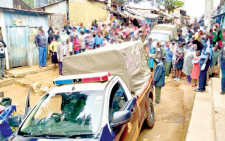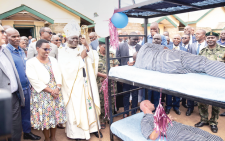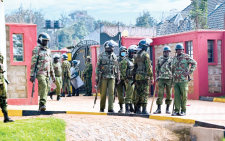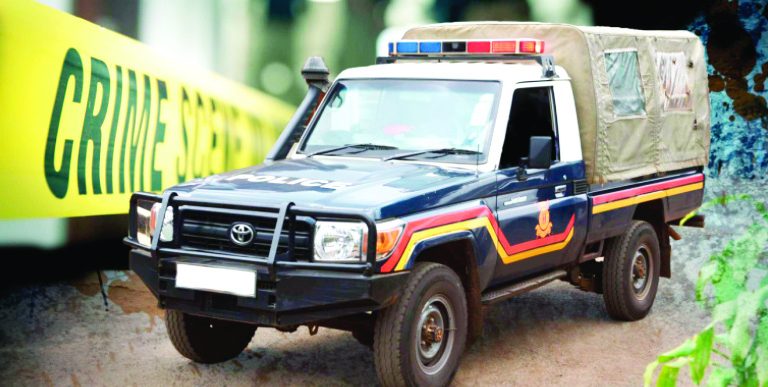Plans on to extend police counselling bid to ward level
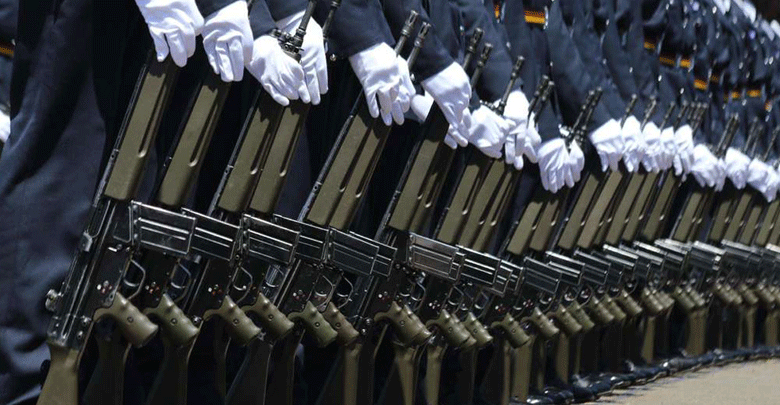
In the second and last part of the series on police depression and counselling, People Daily reporter Nyaboga Kiage speaks to Green String CEO Angi Maina on the therapautic initiative.
Q: Green String Network runs the police Muamko Mpya programme and most stories about the officers are really never told. How many have gone through your programme?
A: So far, close to 500 police officers have gone through the programme over the last two years. Working in partnership with the office of the Inspector General of Police, the programme was developed as a response to challenging trauma situations that police officers are routinely exposed to in the course of their duties and mandates
Together with the office of reforms and counselling office in the National Police Service, we embarked on supporting, orienting and training police officers from key units on how to hold space for their colleagues while creating linkages with referral institutional pathways.
In the next level of the programme, we plan to bring a peer support programme to the ward/station level.
How and when do the officers get the services? How long are the sessions?
Institutional responses to support police officers in their daily routines by helping them to become more trauma-wise and focused on understanding that their own wellbeing needs and those of citizens are interlinked.
Our Muamko Mpya encounters take up to 5-days of introducing a group of 12-15 police officers to topics such as trauma awareness, response and resiliency, tools for self-awareness and regulation, victim experience of trauma and its effects, unhealed trauma and cycles of violence as well as breaking free and making new commitments to build resilient communities and police institutions as pathways for making both in-person and collective vision.
What are the challenges you face when providing the services? How can this be improved?
Muamko Mpya provides both innovative and transformative approaches to understanding police officers’ wellbeing and their long-term relationship with members of the community.
In other words, the wellbeing and healing of police officers is directly interlinked with those of communities where they serve.
Given this reality, our work takes into serious account how individual wellbeing links into institutional or structural changes in the larger society.
Therefore, as a programme, this means our work must envision an intergenerational focus. Muamko Mpya is part of the current and long-term inter generational work on transforming relations between police officers and citizens .
Such work requires consistency, patience and winning of police institutional and citizens’ hearts and minds.
How many current programmes are you running?
We are currently working on running virtual peer support groups for community groups and for the private sector who are looking to provide mental health support for their employees especially during this pandemic.
This programme is based off of our 12-week community support programming that is run at community level in non-Covid times. We are also currently designing a youth mental health programme for children and youth 10-24 years old.
What are the programmes like?
In our programmes, we use storytelling, art, and embodied practices to help people articulate the trauma they have been through, and recognise how these experiences shape their behavior.
Then we use these methods to unlock new ways of thinking, behaving and feeling, so that they can live more full and peaceful lives as individuals and communities.
This healing process is the first and fundamental step towards building peace, wellbeing and prosperity in the long-term.
We fill the gap between mental health, peace building and development, drawing on evidence of what works in each of these fields to deliver an approach that is unique.




